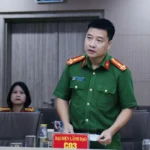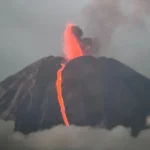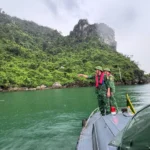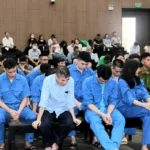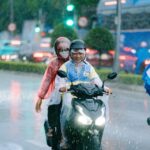Two opinions were shared regarding the draft documents for the 14th Party Congress, focusing on environmental protection and addressing the public’s hopes to end traffic jams and flooding in Ho Chi Minh City.
The entire political system and all citizens must strongly participate in environmental protection
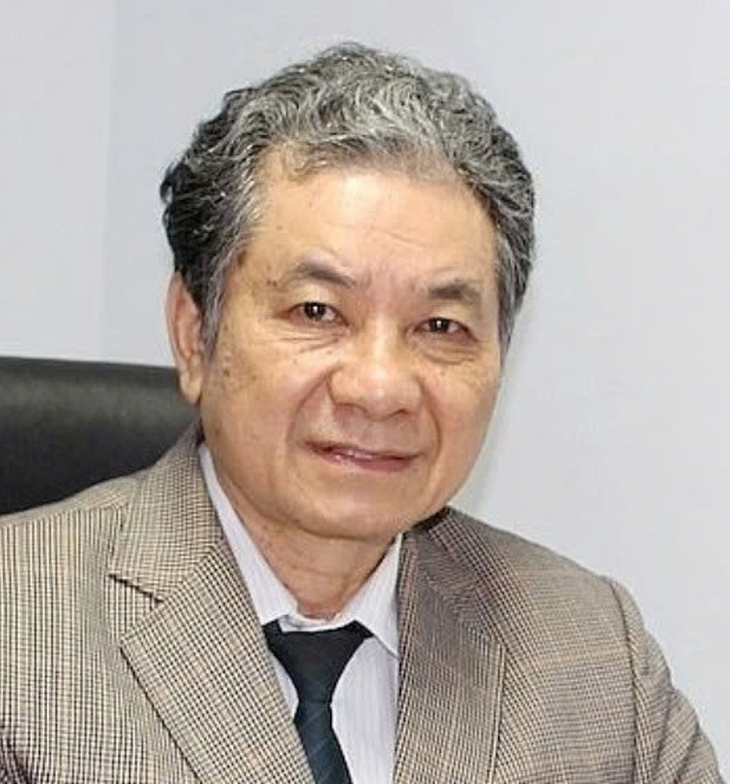
In this draft, I see that environmental issues are receiving significant attention.
The draft strongly incorporates content, the environmental sector, as well as goals and targets for implementation. Vietnam is a country severely affected by climate change.
This is a reality we have acknowledged to work with other countries on solutions to combat climate change.
The draft points out that pollution has not been effectively controlled, with some aspects becoming more severe, especially environmental pollution in major cities, industrial zones, and craft villages.
We need more specific guidance on solutions and resources to gradually resolve these pressing issues affecting people’s health.
Regarding air pollution treatment, the document outlines an action program to fundamentally remedy environmental pollution in major cities and craft villages, particularly air quality in Ho Chi Minh City and Hanoi.
I believe it needs to be expanded further. The entire political system and all citizens should participate vigorously and widely in environmental protection. Additionally, the management responsibility of local authorities and the resources for implementation need to be emphasized.
More personnel with deep knowledge of management, a love for the environment, and investment in technology are needed. Create mechanisms for businesses to participate in the environmental pollution treatment process across all sectors.
Strengthening environmental education in schools and fostering environmental ethics serve as the guiding principles for all actions to protect “Mother Nature,” aiming for the happiness of the people.
The greatest hope of the people is to end traffic jams, flooding, and pollution
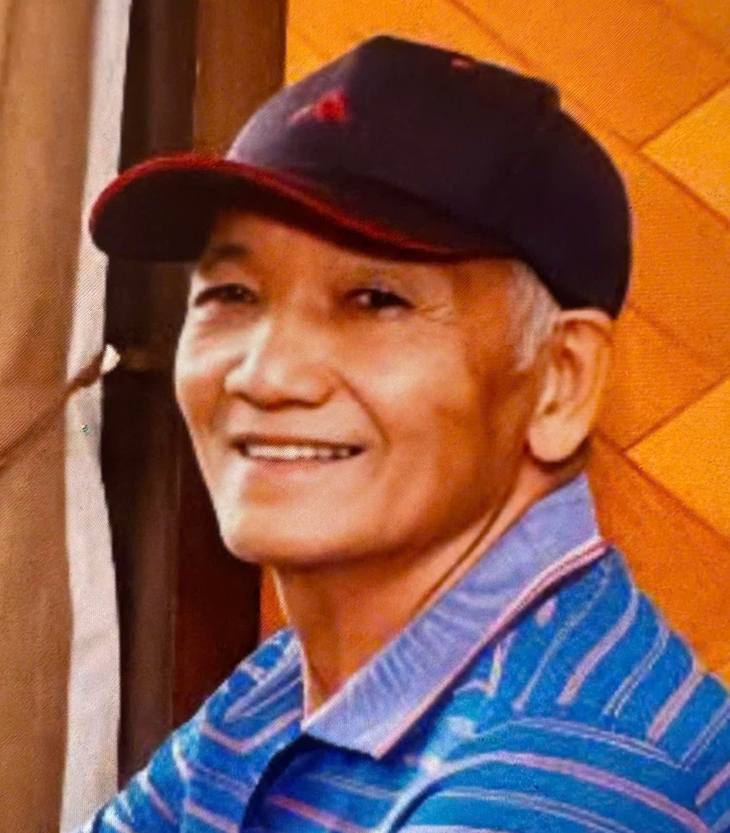
Residents in major cities like Ho Chi Minh City and Hanoi have been facing the problems of traffic congestion, flooding, and environmental pollution for decades.
The great hope of the people is to have roads free of traffic jams, no more flooding during rain, and a pollution-free urban environment.
Residents of Ho Chi Minh City were very pleased when, in a directive speech at the 1st Ho Chi Minh City Party Congress, the General Secretary pointed out these existing issues and requested Ho Chi Minh City to resolve them quickly and decisively.
Furthermore, when implementing the two-tier local government model, the people’s greatest expectation is that administrative procedures will be handled better and faster.
Procedures that previously took a month could be shortened to 10-15 days for the convenience of the people. This way, people can clearly feel the positive effectiveness of the new apparatus.
The scourge of online and phone scams is causing significant financial losses and harming people’s health. Strong measures are needed to prevent this, especially regarding the protection of citizens’ personal information.
Simultaneously, the requirement for certified copies of documents should be minimized as information is already integrated into the system. The dissemination of new policies must be innovated with various formats to reach all citizens, across all age groups, more deeply and widely.
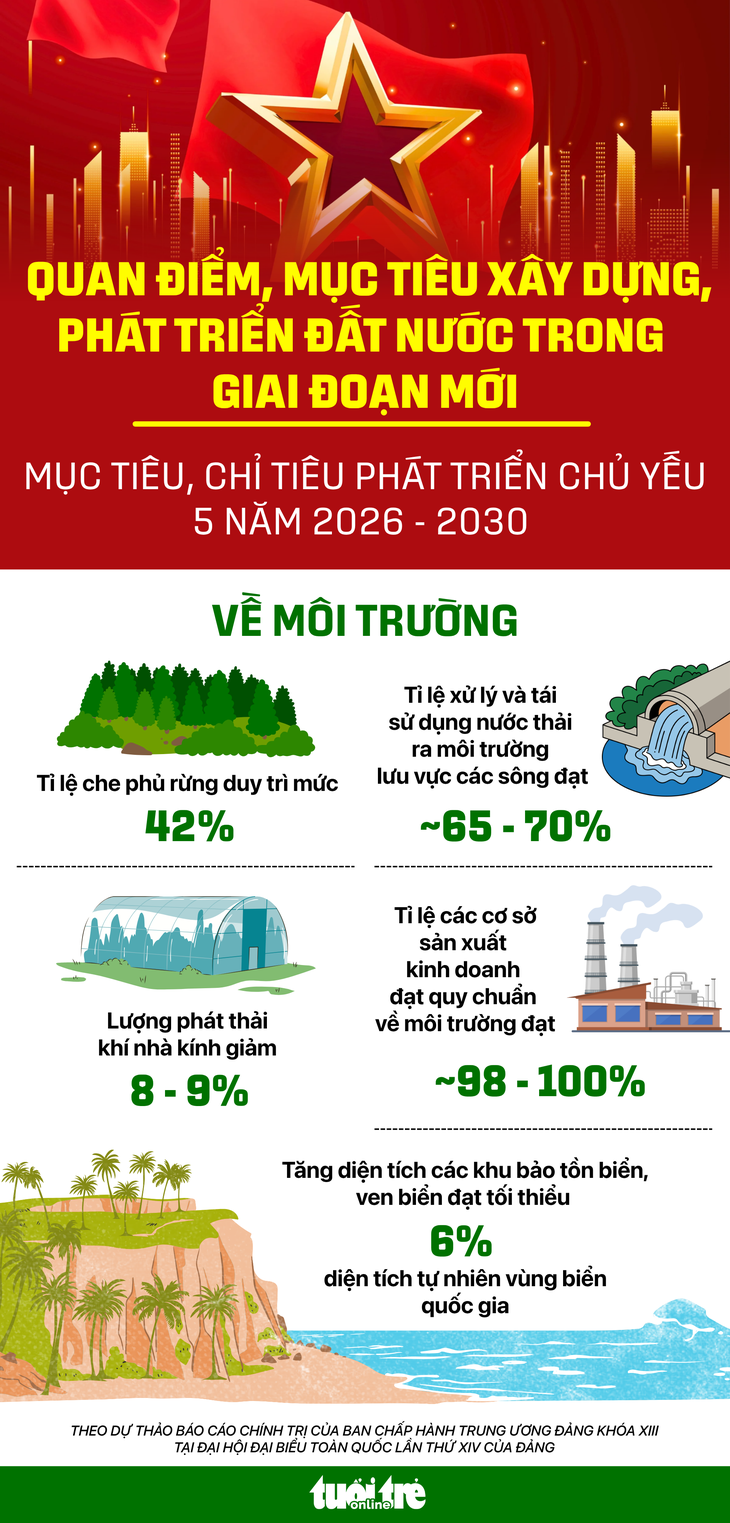
The draft documents for which the 13th Party


